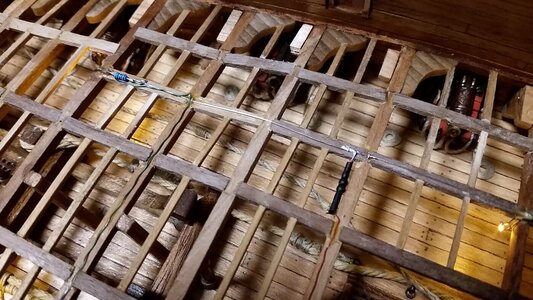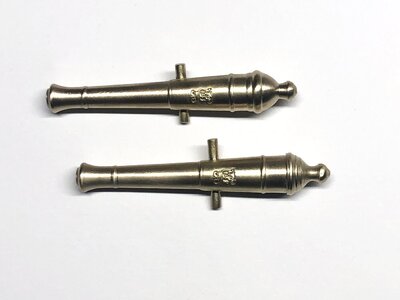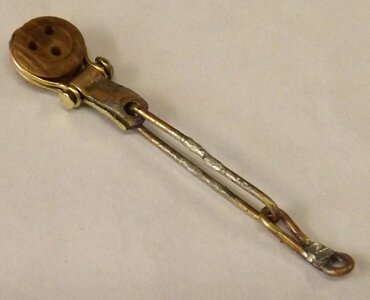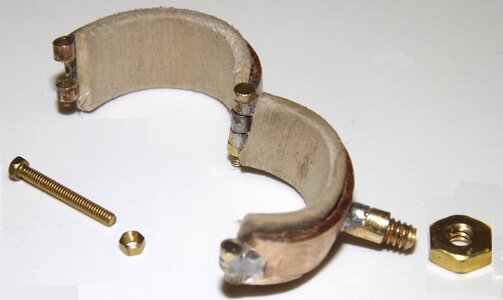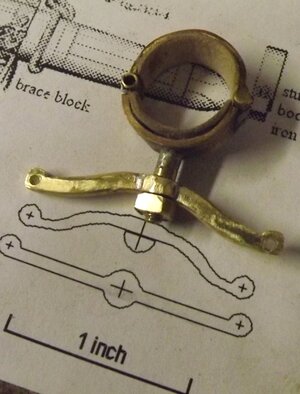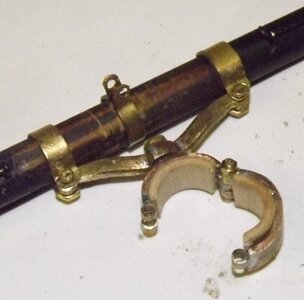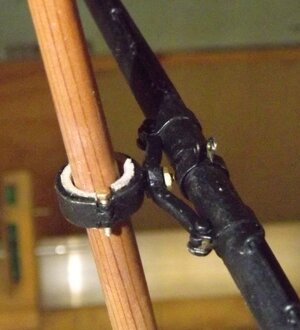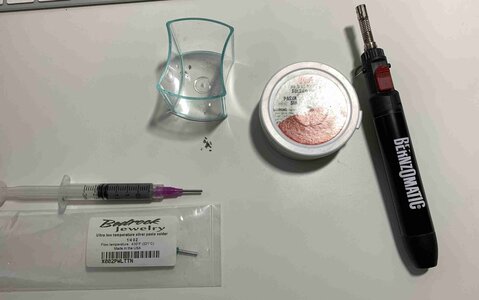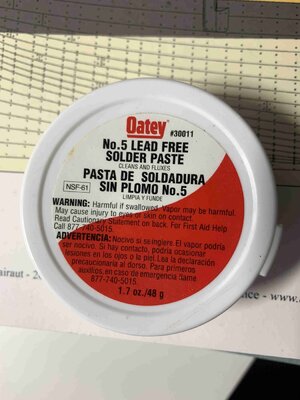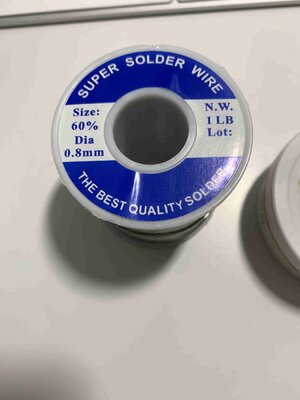Hi guys
I couldn’t stand soldering in high school and I’m pretty sure my stance hasn’t changed.
I need to do some soldering on brass hinges.
I’ve been looking at irons on Amazon along with solder, flux, etc.
I’m looking for opinions on what iron to buy and what size solder (I assume the smallest in diameter). I’m in Canada so if the choices could be found on Amazon it would be appreciated.
Thanks
John
I couldn’t stand soldering in high school and I’m pretty sure my stance hasn’t changed.
I need to do some soldering on brass hinges.
I’ve been looking at irons on Amazon along with solder, flux, etc.
I’m looking for opinions on what iron to buy and what size solder (I assume the smallest in diameter). I’m in Canada so if the choices could be found on Amazon it would be appreciated.
Thanks
John






